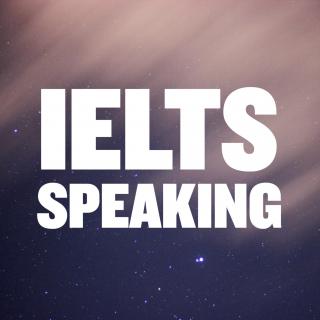
介绍:
首先,发音问题。/ðə/ :the snow, the book, the cat, / ðiː/:the ice, the end, the hour.
思考:well, he is the / ðiː/– uh – deputy commander.
强调:I’ve found THE / ðiː/present for him.
▲使用The的基本原则:
原则一: the = you know which one(s)
I am going to the post office
Is there a post office near hear?
I don’t like the film.
Let’s go and see a film.
Did you wash the clothes?
I need to buy clothes.
What did you do with the coffee I bought you?
I hate coffee.
原则二: the = the only one(s) around
the sun, the moon, the earth, the world, the universe, the future, the internet
原则三:最高级 the oldest, the best
▲The还有一些其他的常见用法:
1. 用在数字前面:Mr. Li is somewhere in the 30s. She was born in the 50s.
2. 用在四个方向之前:The sun rises in the east and sets in the west.
3. 用在乐器名称之前:She plays the piano in church. I love playing jazz on the piano.
4. 用在测量单位前面,表示“每”: some factory workers are paid by the hour.
5. 用在比较级前,以加强意义:Your mind will function all the better, if you have some time away from work.
6. 用在 the more/better…the more/better…结构里:The more we practice, the more we improve.
7. 用在复数形式之前,表示有关家人:the Browns will visit us tonight.
8. 用在惯用语之前:We know the ins and outs of the matter. Compare the pros and cons before you make your decision.
9. 用在某些形容词前,表示一类人或者事:the rich often get richer and the poor, poorer. Don’t expect the impossible.
▲什么时候不用the:
第一:当我们讨论things in general 的时候;
Life is complicated. NOT the life
It’s not easy to fit in with society. NOT the society
Would you like to travel into space? NOT the space
My sister loves horses. NOT the horses.
Some people say that cats are more intelligent than dogs. NOT the cats, the dogs
Everybody likes music. NOT the music.
I am studying the life of Steve jobs. My sister loves the horses she saw in the zoo yesterday. Everybody liked the music we played in the party last night.
第二:大洲,绝大多数国家,城市,街道名称前不加the:
Asia, Africa, Europe, China, Japan, Beijing, Shenzhen, Wangfujing Street
但是,在某些山川河流岛屿国家组织名称之前,这个the又是不能省略的: the Thames, the Atlantic Ocean, the people’s republic of China, the UK, the US, the Philippines, the UN
第三,在days,months,前面一般不加the:
Where were you last Saturday? See you on Thursday. I was away in April.
Rome is lovely in (the) spring. I like (the winter) best.
当然,特指就要加the了,比如I worked really hard in the summer that year.
大家还在听

